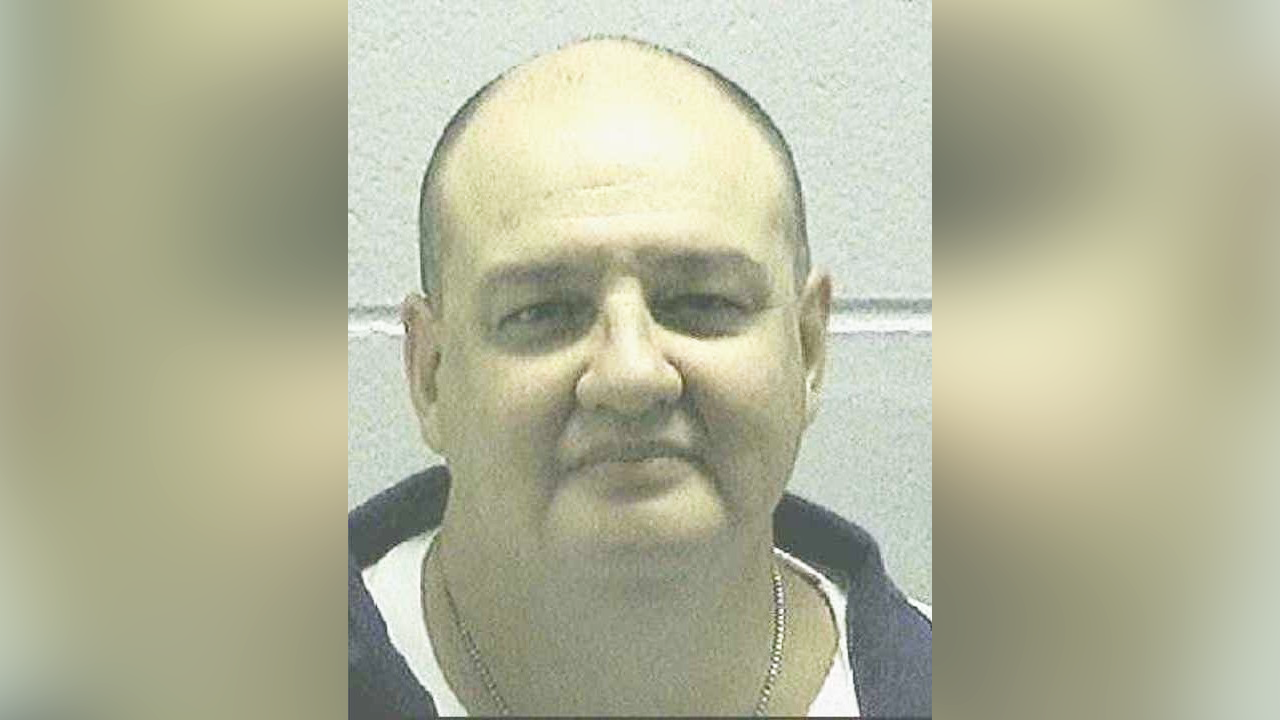United States
Judge rejects request from Georgia death row inmate to be executed by firing squad

A federal judge in Georgia has denied a request from death row inmate Michael Wade Nance to be executed by firing squad, ruling that Nance failed to prove that the state’s lethal injection method would cause him excruciating pain due to his medical conditions. Nance, 63, argued that the injection of pentobarbital, the only execution method authorized in Georgia, could lead to severe pain because of his health issues, violating his constitutional rights. However, U.S. District Judge J.P. Boulee concluded that Nance did not sufficiently demonstrate that the injection would result in such pain, and therefore, the judge did not consider whether firing squad could be a viable alternative. Nance’s legal team, led by attorney Anna Arceneaux, has announced plans to appeal the decision, continuing a legal battle that began in January 2020 and has already reached the U.S. Supreme Court once.
Nance was sentenced to death for the 1993 murder of Gabor Balogh, a tragic incident that unfolded during a botched robbery. After robbing a bank in Gwinnett County, Nance abandoned his car when dye packs in the stolen money exploded. He then encountered Balogh, who was backing out of a parking space at a nearby liquor store. Nance opened Balogh’s car door and fatally shot him. Nance’s lawyers have argued that his medical conditions make lethal injection unsafe and potentially agonizing. They pointed out that his veins are difficult to locate and that the usable ones are compromised, raising the risk of the veins rupturing during the injection. This, they claimed, could cause the lethal drug to leak into surrounding tissue, leading to intense pain. Additionally, they argued that Nance’s long-term use of medication for back pain might render pentobarbital less effective.
Despite these arguments, Judge Boulee found that medical evidence presented by the state weakened Nance’s claims. A doctor testifying for the state noted that Nance had undergone three medical procedures requiring IV insertion since the lawsuit was filed, with no issues reported. The judge also highlighted that even Nance’s own legal team presented testimony acknowledging that the exact impact of his pain medication on pentobarbital was unknown. Boulee ultimately ruled that Nance had not met the legal standard required to challenge Georgia’s execution method under the Eighth Amendment, which prohibits cruel and unusual punishment. The court’s decision means that Nance’s execution by lethal injection remains on track, though his legal team continues to seek alternatives.
The legal battle over Nance’s execution method has been lengthy and complex. Initially, Judge Boulee dismissed Nance’s challenge in March 2020, ruling that his arguments were procedurally barred because he had waited too long to raise them and had not sufficiently demonstrated how his constitutional rights would be violated. Nance appealed this decision, and a panel of the 11th U.S. Circuit Court of Appeals upheld the ruling, stating that Nance was effectively challenging the validity of his death sentence, which he was barred from doing at that stage. Undeterred, Nance’s legal team took the case to the U.S. Supreme Court, which overturned the lower court’s ruling. In a majority opinion written by Justice Elena Kagan, the Supreme Court ruled that Nance was not confined to proposing execution methods authorized by Georgia law when challenging the state’s lethal injection protocol. Kagan emphasized that there was no reason to assume that changing state law to allow firing squads would pose significant obstacles to carrying out the execution.
With the Supreme Court’s ruling, the case returned to Judge Boulee, who conducted a bench trial in May to hear new evidence. During the trial, Nance’s legal team presented testimony suggesting that execution by firing squad would result in a quick and painless death. However, Judge Boulee ultimately concluded that Nance had still not proven that lethal injection would cause him severe pain due to his medical conditions. As a result, Boulee determined that there was no need to consider the firing squad as an alternative method. The judge’s ruling marked the latest setback for Nance’s legal team, but they have vowed to continue fighting on his behalf.
The case raises important questions about the constitutionality of execution methods and the rights of death row inmates to challenge the manner in which they are to be executed. While lethal injection remains the most commonly used method in the United States, its constitutionality has been repeatedly challenged in courts across the country. Inmates have argued that the drugs used can cause excruciating pain, particularly if their administration is botched or if the individual has underlying medical conditions. Meanwhile, some have suggested that alternative methods, such as firing squads or nitrogen hypoxia, could be more humane and reliable. The debate over execution methods continues to evolve, with some states revisiting their laws to include alternative procedures. For now, Nance’s case remains unresolved, as his legal team prepares to appeal Judge Boulee’s ruling and potentially take the matter back to the Supreme Court. The outcome of this case could have significant implications for death row inmates nationwide, particularly those with medical conditions that may make lethal injection risky or painful.


















